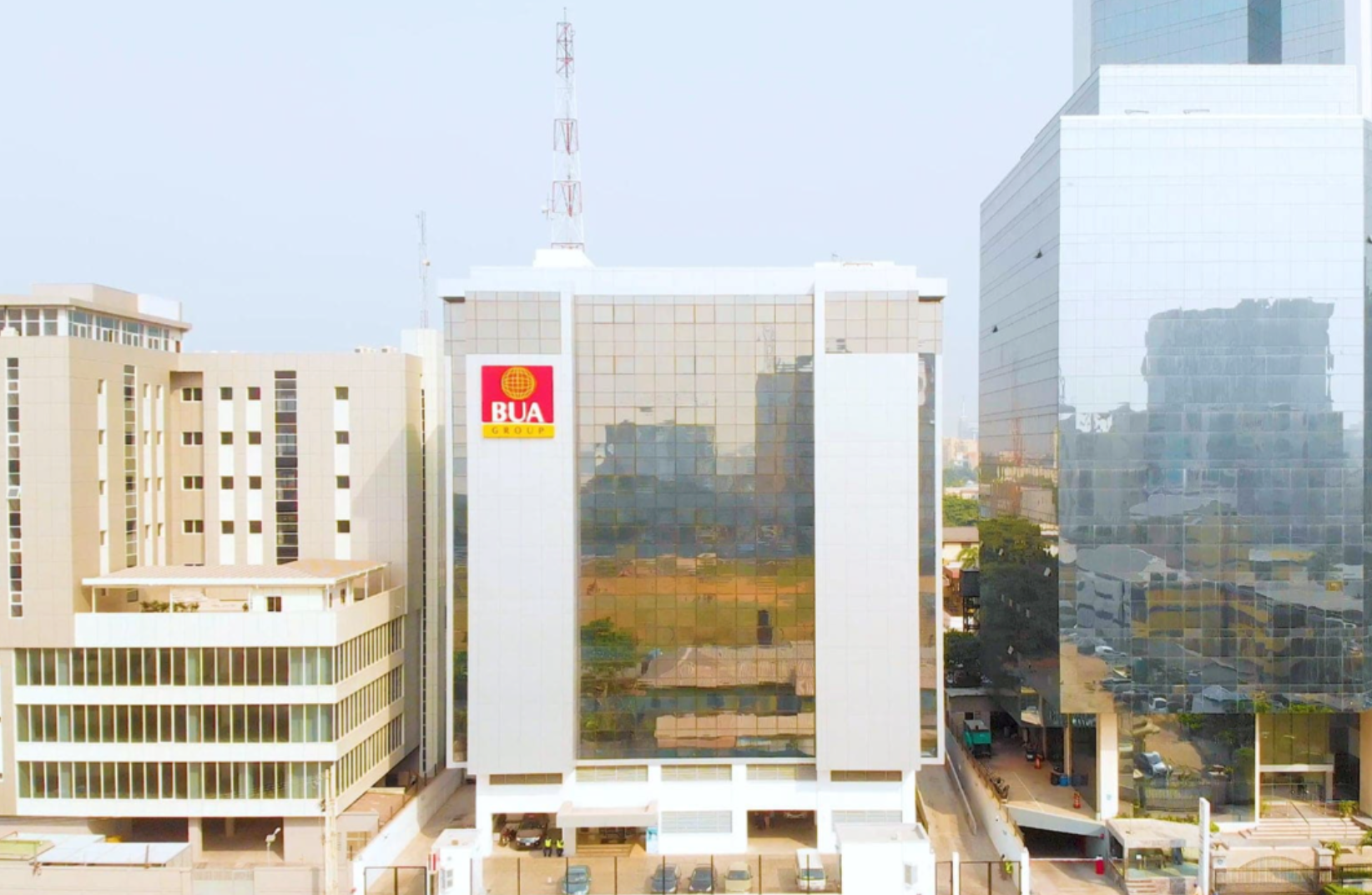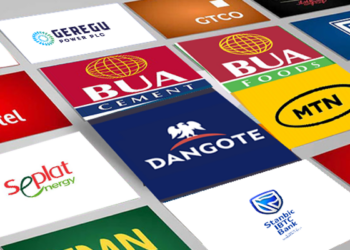Nigeria’s listed consumer goods sector posted a remarkable rebound in the first half of 2025, with several companies recovering from deep losses in 2024 to significant profits.
BUA Foods Plc led the rankings with N260.07 billion profit after tax (PAT), followed by Nigerian Breweries and International Breweries, highlighting both sectoral resilience and renewed consumer demand.
Smaller firms, including Vitafoam Nigeria, Champion Breweries, and Northern Nigeria Flour Mills, also demonstrated resilience with sharp earnings growth and improved efficiency metrics while their absolute profit sizes remain modest.
This performance reflects the resilience of Nigeria’s consumer goods sector despite persistent inflationary pressures, foreign exchange volatility, and weaker consumer demand in 2024. Companies benefited from tariff adjustments, tighter cost discipline, and a more stable FX environment, which collectively supported margin expansion and improved bottom-line performance.
Large operators such as Dangote Sugar Refinery, PZ Cussons, Guinness Nigeria, and Honeywell Flour Mills still posted losses during the period, underlining the challenges some players continue to face despite sector-wide improvements.
Below are the most profitable listed consumer goods in H1 2025.
Top 10 most profitable listed consumer goods

- PAT: N260.07 billion (H1 2024: N130.93 billion)
- PBT: N276.11 billion
- Revenue: N912.51 billion
BUA Foods nearly doubled its bottom line in H1 2025, with profit after tax (PAT) rising 98.6% year-on-year to N260.07 billion from N130.93 billion in H1 2024. This was supported by a pre-tax profit of N276.11 billion on revenues of N912.51 billion, cementing its leadership in the food processing sector through efficient operations and strong pricing power.
The company delivered the highest margins and returns among peers, with a net income margin of 29% underscoring exceptional efficiency. A return on equity (ROE) of 38% highlights robust value creation for shareholders within just six months, while a return on assets (ROA) of 20% reflects outstanding asset utilization for a large-scale manufacturer. In addition, the return on capital employed (ROCE) of 36% shows BUA’s ability to generate strong profitability from both debt and equity capital.
Using its N629.70 share price as of September 26, 2025, BUA Foods posted an earnings per share (EPS) of N14.45, demonstrating strong per-share profitability. However, its price-to-earnings (P/E) ratio of 43.58x signals that the stock is priced at a significant premium, as investors anticipate continued growth and sustained dominance in the sector despite already elevated earnings.
























